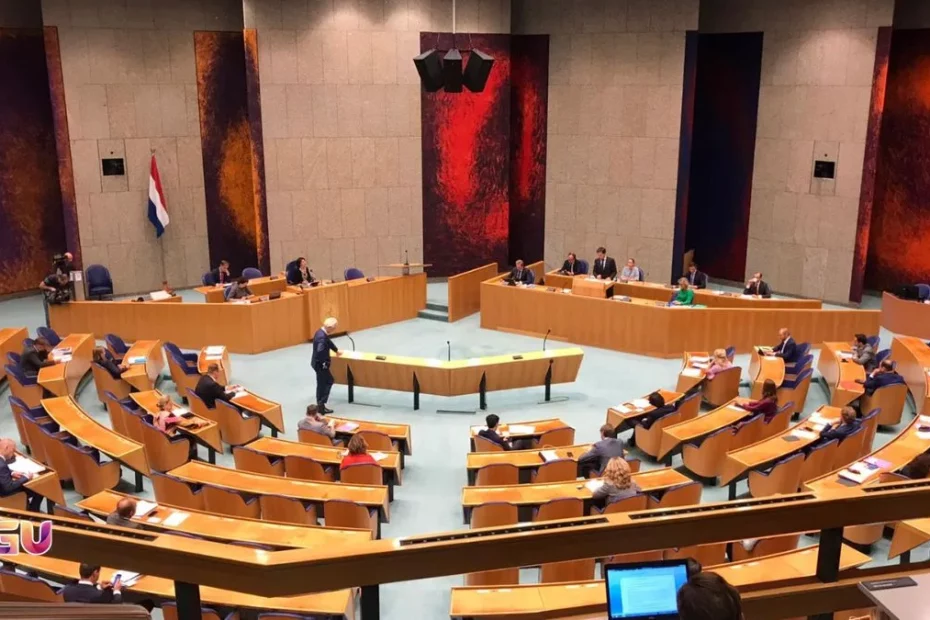June 4, 2025 – The Dutch government has collapsed once again after far-right leader Geert Wilders abruptly pulled his Freedom Party (PVV) out of the ruling coalition, just 11 months after it was formed. The sudden move has thrown the Netherlands into political uncertainty and is expected to trigger snap elections later this year.
Prime Minister Dick Schoof, who was appointed last year to lead a fragile four-party alliance, confirmed that his administration will now serve as a caretaker government. Speaking to reporters, Schoof said he would formally submit the resignation of all PVV ministers to the Dutch king.
The collapse came after ongoing tensions over immigration and asylum policy reached a breaking point. Wilders, who had previously secured a major victory in the November 2023 elections, said the coalition had failed to honor its commitment to implement his party’s tough asylum agenda. “I signed up for the strictest asylum policy—not the downfall of the Netherlands,” he wrote on social media.
According to reports, Wilders was pushing a 10-point immigration plan that included border closures, deportations, and shutting down asylum-seeker centers—proposals that experts say would conflict with European and UN human rights agreements. When his demands were rejected, Wilders walked away, effectively ending the coalition.
The government had been made up of Wilders’ PVV, the centrist New Social Contract (NSC), the populist Farmer-Citizen Movement (BBB), and the liberal-conservative VVD party. From the beginning, the alliance was viewed as tenuous, with ideological divisions making it difficult to reach consensus on key policies.
Now, the Netherlands is heading into political limbo just weeks before it is set to host the NATO Summit in late June—now under a caretaker government.
This marks the second time in less than two years that the Dutch government has collapsed over migration issues. In July 2023, then-Prime Minister Mark Rutte dissolved his administration after similar disagreements over asylum policy, leading to the snap elections that brought Wilders’ PVV to power.
Despite his electoral win, Wilders did not pursue the prime minister role himself in 2023. Instead, he negotiated a coalition deal while agreeing to stay in the background—a move seen as strategic at the time but now raising questions about his commitment to governing.
Recent polls suggest that support for Wilders’ PVV has dropped significantly since its 2023 high. It now polls around 20%, roughly even with the Labour-Green alliance, led by former European Commission vice-president Frans Timmermans, who said this week, “I see no other way to form a stable government” than holding new elections.
As the Dutch political scene resets once again, all eyes will be on how voters respond to this latest collapse—and whether Wilders’ gamble will cost him support at the ballot box.
